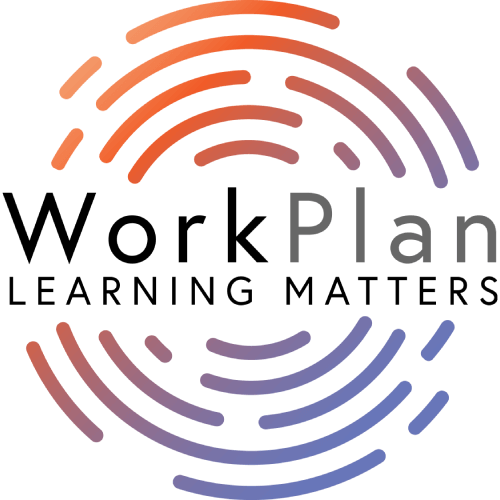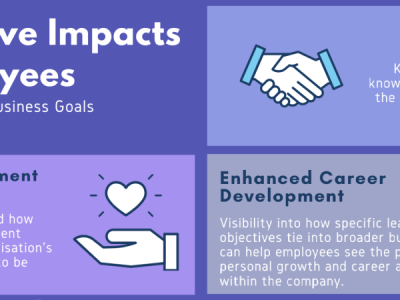Understanding the Changing Job Landscape and the Importance of Higher Education
If you’re considering studying for a degree or if you’ve attended university, you’ve likely found yourself wondering at times, ‘what’s the point?’
This isn’t surprising considering how we’re bombarded with so many headlines and declarations of bleak prospects for the future. However, a recent report named ‘The Future of Work for Australian Graduates’ would suggest otherwise as it states that the percentage of jobs requiring a degree will soar to 50% in the next 5 years.
Below we’ve discussed some of the main factors outlined in this report:
Technology
Technology is developing at a rapid rate and constantly changing the way in which certain industries are run. Often we view these changes in a negative light, assuming that our future roles will be fulfilled by some new technological advancement and our education will become void.
However, the ‘Future of Work’ report states that most of these fears are in fact, unnecessary. While everyone agrees that a lot of processes will become automated and digitised, this doesn’t have to be a disruptive force. It’s likely to be the opposite: technology will develop in such a way that it improves human labour and careers. The report states, “The future of work will be marked by an increased role for jobs where technology complements human labour, and ‘frees up’ humans to undertake more abstract, cognitive and emotional labour” This suggests that if anything, technology will allow us to invest more time and energy into making sure that the industries we work in are intuitive and emotionally intelligent rather than just being intelligent.
Employment Patterns
The next area which the report analyses are the employment patterns which have historically taken place throughout various sectors, occupations and skill sets. There is a primarily held perception that we are in the midst of an unprecedented structural shift when it comes to future career paths, and our degrees will soon become irrelevant. This isn’t exactly correct. Whilst the technological advancements we have made in recent years is unprecedented; there have been enormous industry and career-centric shifts which have taken place throughout the history of Australia. The focus has moved from agriculture to manufacturing and then again to services, and there is much more of an emphasis placed on cognitive labour, whereas previously, manual labour was deemed more valuable in many ways. Industries and occupations have, for the most part, in the past, made this transition smoothly and adjusted to the changing time.

“Higher education qualifications and a continuing supply of generalist degrees will be necessary if the workforce is to be able to navigate technological, social, environmental and political change into the future.”
-The Future of Work for Australian Graduates
Stability
People currently studying or who have finished their degrees, often feel that today there is a lack of stability within their roles. It’s indeed challenging to find a permanent job with security and benefits like sick leave and paid holidays. As technology shifts take place and industries go through a transition, people are entering roles almost as a ‘test run’ at first. However, those who are degree-educated are more likely to progress within these roles and companies. Being part of the ‘test run’ can often boost your progress as you have the opportunity to become a trailblazer within your field which according to The Future of Work for Australian Graduates, paints a more “optimistic picture for young graduates.”

At WorkPlan, our Business Programs and Engagement Platform are designed to ensure that every one of your employees can fulfil their potential in a way that massively benefits both your business and your team. We specialise in identifying a compelling purpose, creating a strategic mission, instilling effective values and developing personalised roadmaps with goals. If you would like to learn more about how WorkPlan can help your organisation, contact us today!
ALSO READ: Top 10 Picks of 2021 for L&D professionals– Must Reads and Must Listens
Learn about WorkPlan Learning
WorkPlan Learning is a collaborative LMS designed to empower your employees to build and share their knowledge.
Contact us for a free demo.
Are you ready to take your business to another level?
Contact us today
Head Office
1300 726 708
+61 7 3220 2229
Melbourne Office
+61 3 9752 5651
In the spirit of reconciliation WorkPlan acknowledges the Traditional Custodians of country throughout Australia and their connections to land, sea and community. We pay our respect to their Elders past and present and extend that respect to all Aboriginal and Torres Strait Islander peoples.



